TIP #1. “A professional writer is an amateur who didn’t quit.” - Richard Bach.
And he should know. I’ll paint the picture for you. You have written a book of around ten thousand words. It has pictures. The protagonist is a seagull. You tell your friends you are going to get it published, then made into a movie and soon after break all hardcover sales figures since Gone With The Wind.
Would they laugh? You bet they would. So did many US publishers until MacMillan published Jonathan Livingston Seagull in 1970. The rest, as they say, is hysterical. JK Rowling has a similar story – her hardback editor told her there was no money in writing fantasy novels and that she should go back to her day job. She says she would have done but she didn’t have one.
TIP #2. “Don’t tell me the moon is shining; show me the glint of light on broken glass.” ~Anton Chekhov.
Chekhov was a doctor, though he made little money from it and treated the poor for free. He started writing short stories just to make money. So of course little has changed in the last hundred and thirty years. But this little gem about moonlight is a truism we should all have taped to our laptops every time we sit down to write.
TIP #3. “I try to leave out the parts that people skip.” - Elmore Leonard.
He started out writing westerns over fifty years ago and is now considered the king of American crime fiction, the Dickens of Detroit. His sparse and gritty dialogue has become an art form of itself. In “Elmore Leonard’s Ten Rules of Writing,” he claims his most important rule is one that sums up the ten: “if it sounds like writing, I rewrite it.” It works. In October 2008 Leonard received the F. Scott Fitzgerald Literary Award for outstanding achievement in American literature.
TIP #4. “I love being a writer. What I can’t stand is the paperwork.” ~Peter De Vries.
I believe he was saying - tongue in cheek - that it’s seductive to settle into a round of writers groups and writers festivals and just talk about writing. But it’s not the work.
TIP #5. “Drama, instead of telling us the whole of a man’s life, must place him in such a situation, tie such a knot, that when it is untied, the whole man is visible.” ~Leo Tolstoy.
This pearl, from one of world literature’s giants, is more than a tip; it’s the whole iceberg. Entire books have been written about this aspect of story. But in this instance the author of War and Peace managed to keep it short.
TIP #6. “It took me fifteen years to discover I had no talent for writing, but I couldn’t give it up because by that time I was too famous.” ~Robert Benchley.
Well perhaps, but it’s more likely that, like everything else Benchley wrote, he said this tongue in cheek. What more often happens is that by the time someone finally pays you for something you wrote, you have finally achieved some realization of just how awful you were when you first started. But by then you’ve learned whatever it is you needed to learn.
You hope.
TIP #7. “Easy reading is damn hard writing.” - Nathaniel Hawthorne.
The author of the Scarlet Letter here touches on another evergreen theme here. But be warned - this dictum can be taken to extreme lengths. Take James Joyce, for example. For the author of Ulysses, writing wasn’t just damned hard, it was torture. A friend once found him sprawled across his desk, a figure of utter despair.
“How many words have you written today?” he asked him.
“Seven,” the great man answered.
“But that’s good for you, isn’t it?”
“I suppose so,” Joyce answered. “It’s just that I don’t know what order they go in.”
TIP #8. “You can’t wait for inspiration. You have to go after it with a club.” - Jack London
But remember the author of The Call of the Wild also stole an entire chapter of a book from another author, (the less well known Frank Harris.) Before you do that, it might be best just to wait a little longer.
TIP #9. “I’m not a very good writer, but I’m an excellent rewriter.” ~James Michener.
As some of his novels ran to a thousand pages, that’s a lot of rewriting. Most novice authors, when something is not working out, are tempted to trash their efforts and start again. “Hell, Hawaii’s not working out, let’s start on Fiji.” But it’s a bit like marriage and divorce. Find out what went wrong the first time before you start again, or you’ll end up making the same mistakes.
Yes, I know. Michener was married three times. But he was a good writer. Or re-writer.
And finally, tip number ten, the most important of them all …
TIP #10. Always proofread carefully to see if you any words out. (~Author Unknown)
And because I want to see you all back here regularly, I am offering a free copy of my novel CORRIGAN’S RUN to anyone who joins my blog today! You can’t buy it … it’s not available anywhere else except here! All you have to do is join up, then write to me at colin underscore falconer underscore author at hotmail dot com. I can send you a copy as a mobi Epub or PDF file.



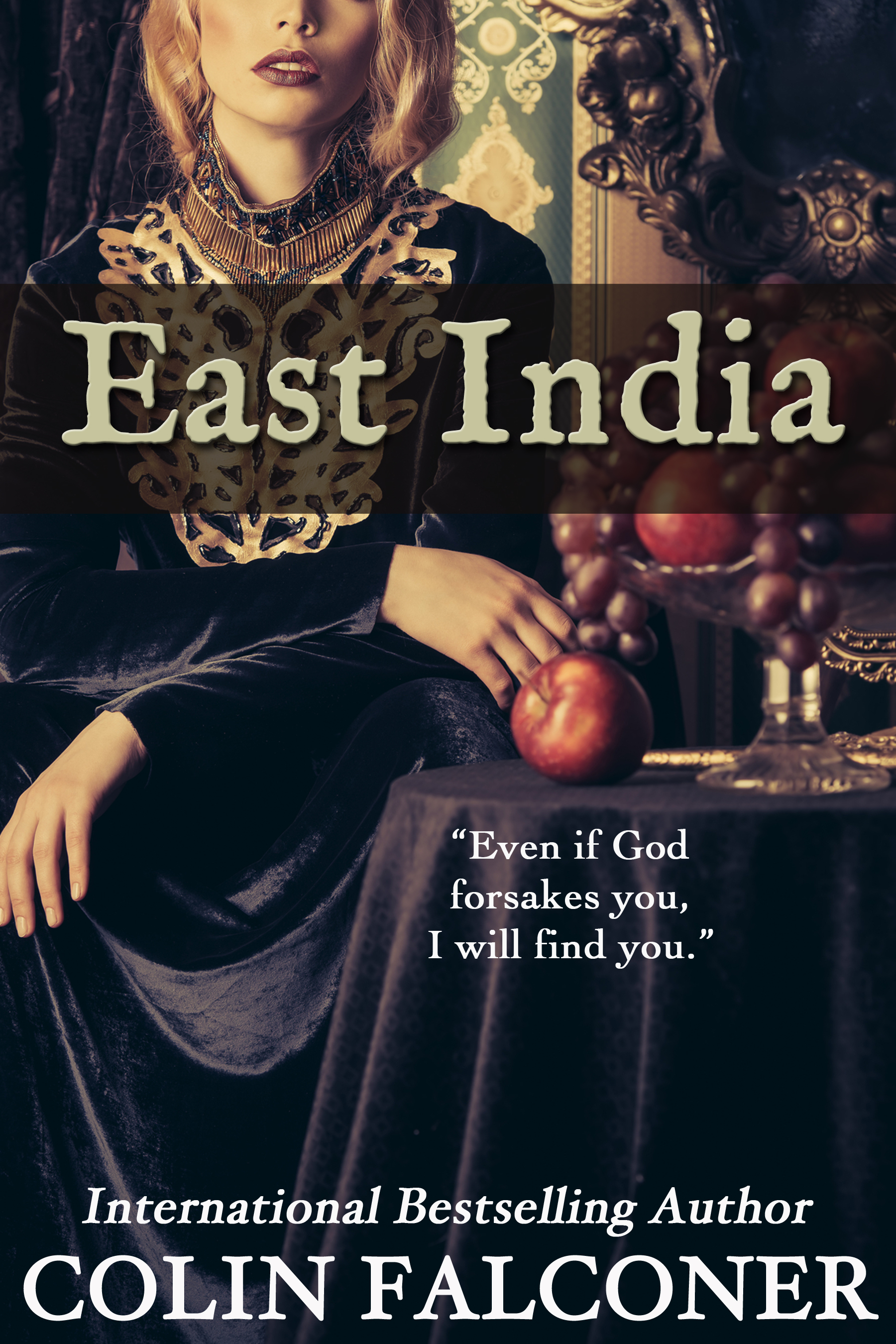
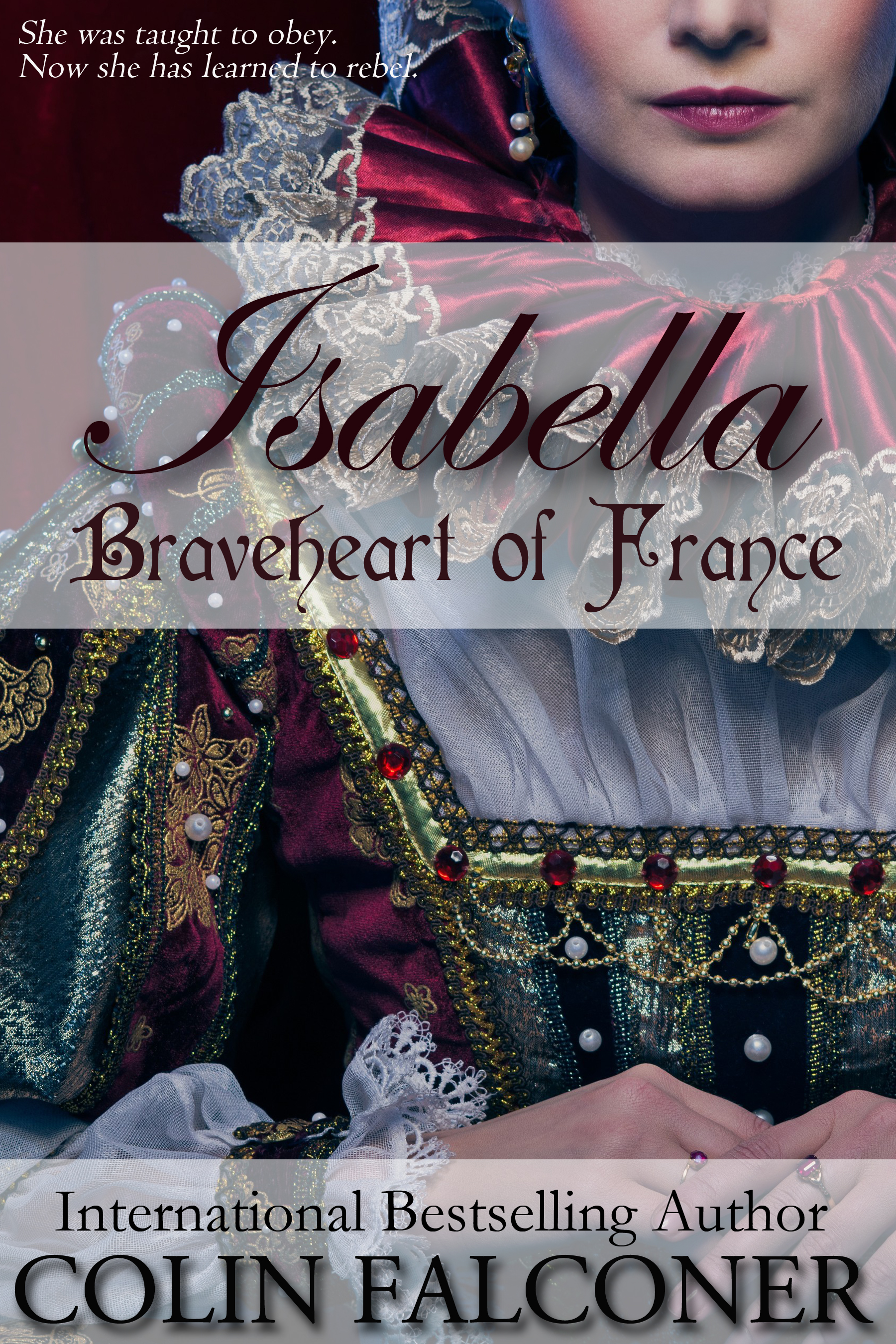
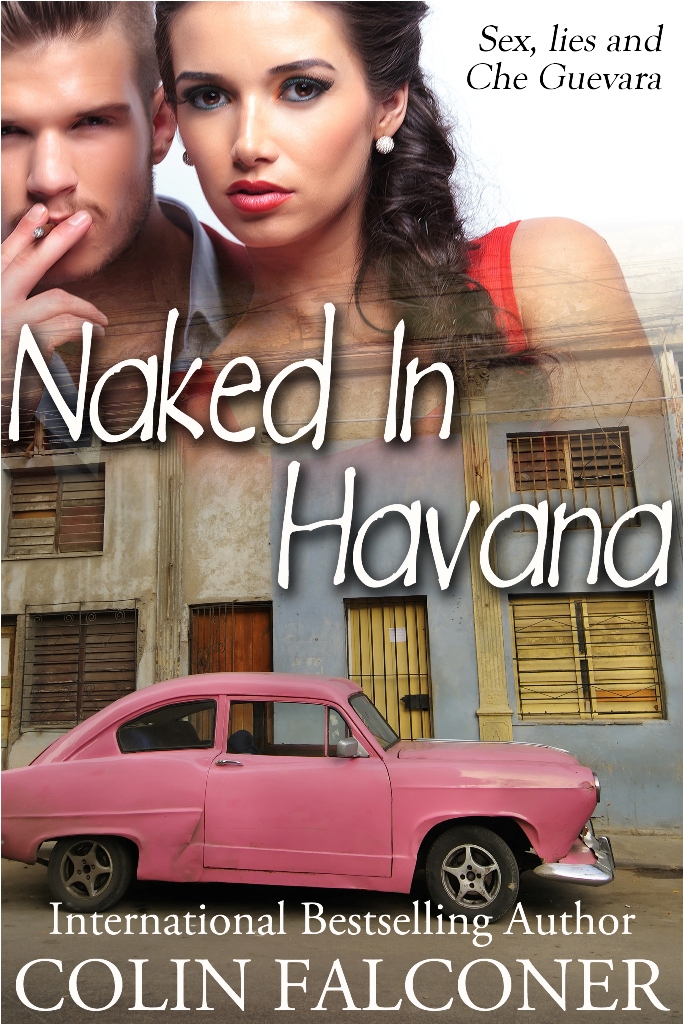
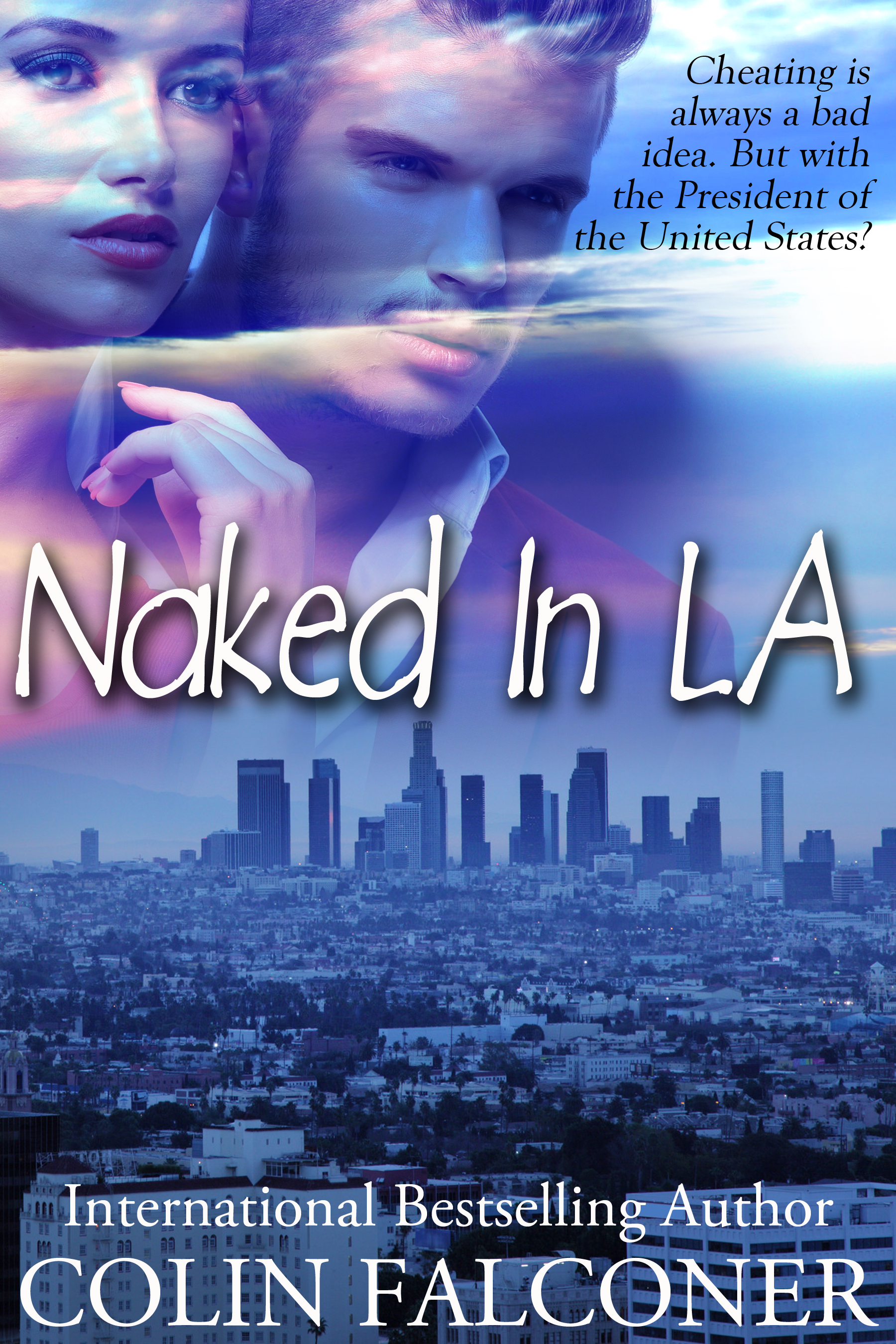
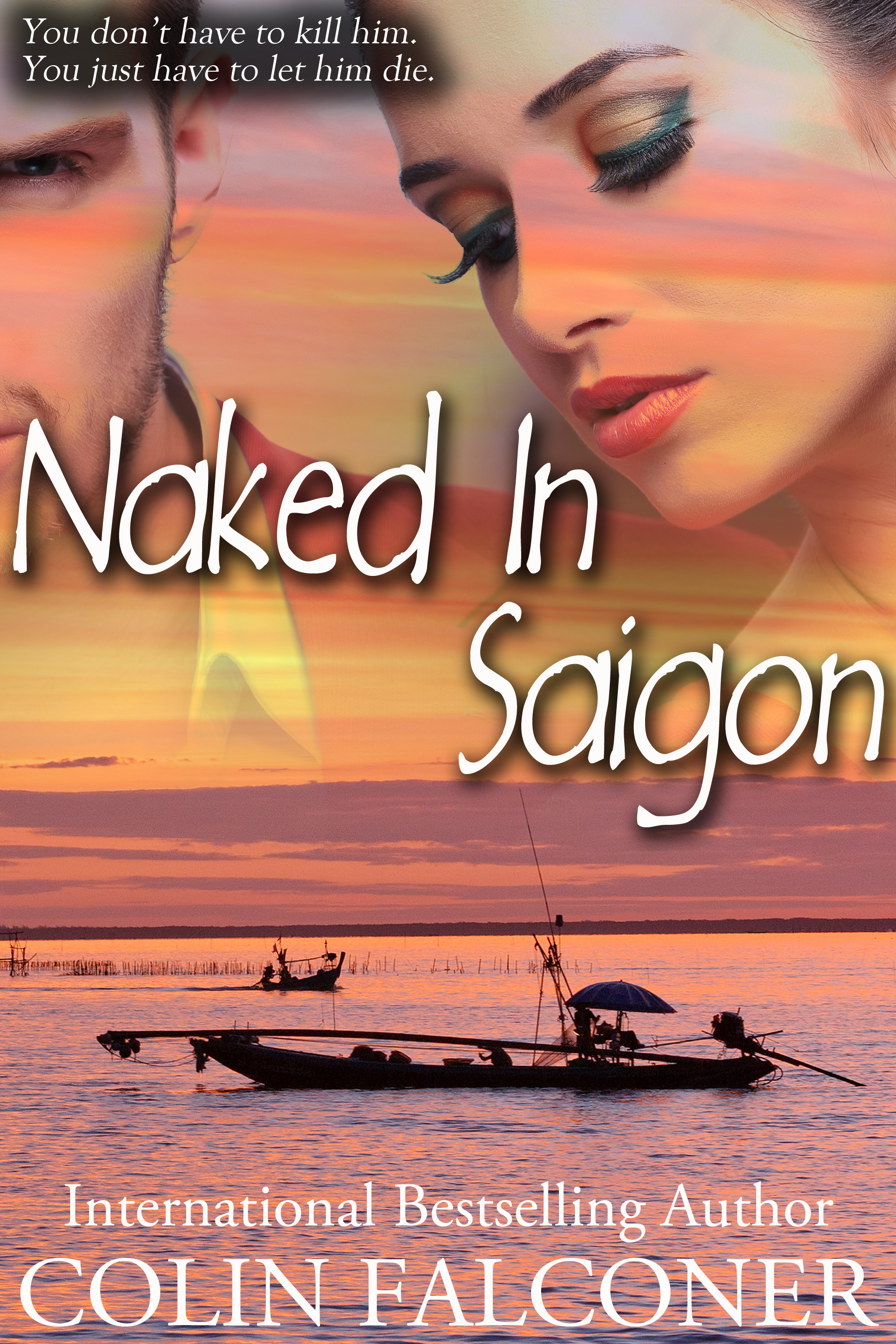
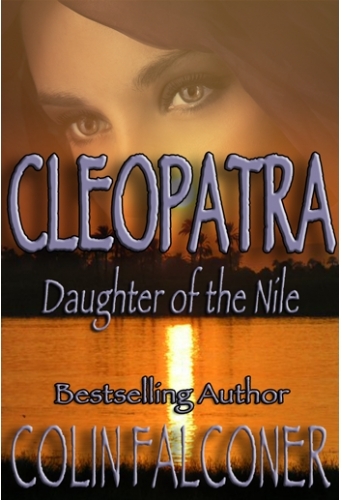
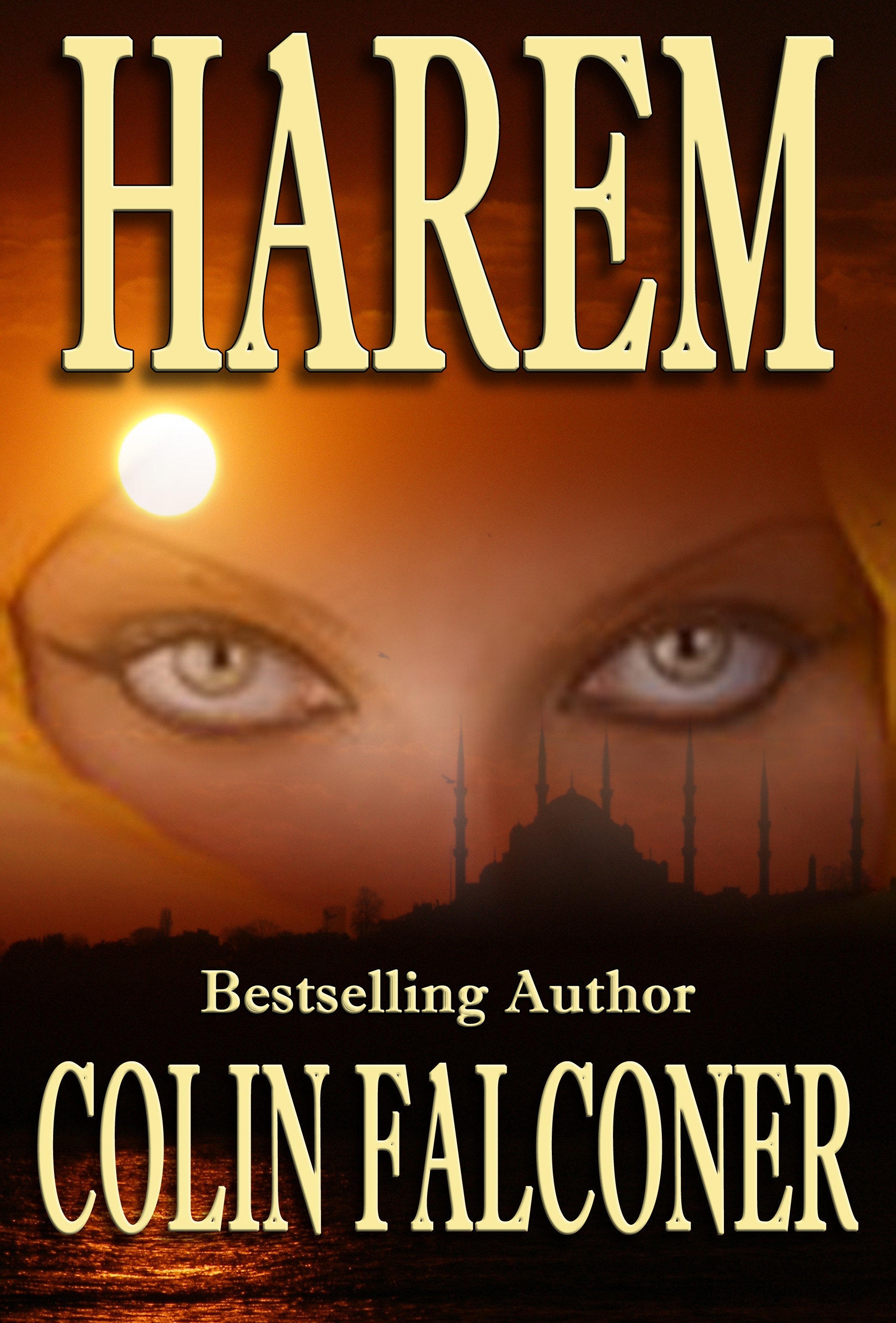

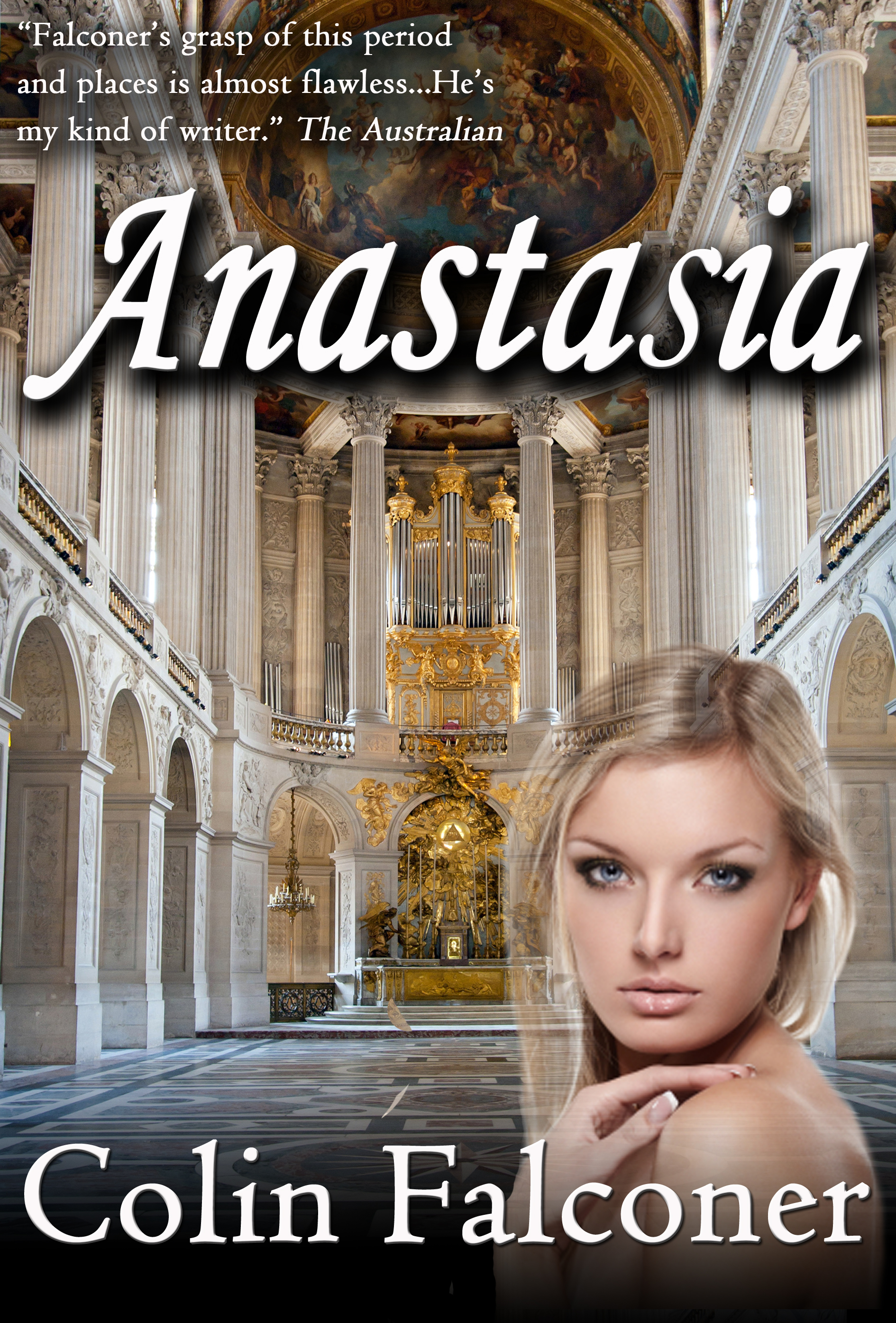
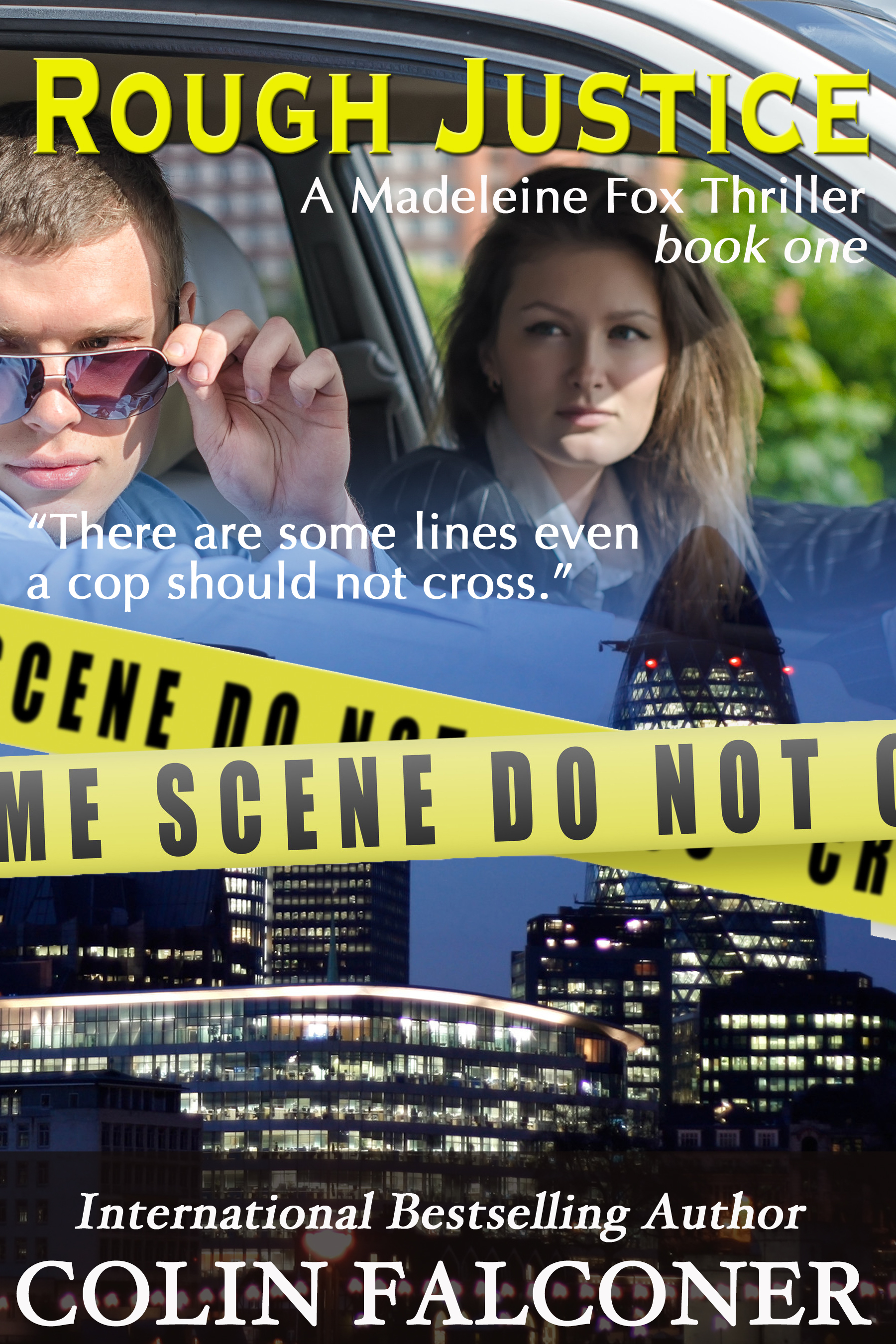
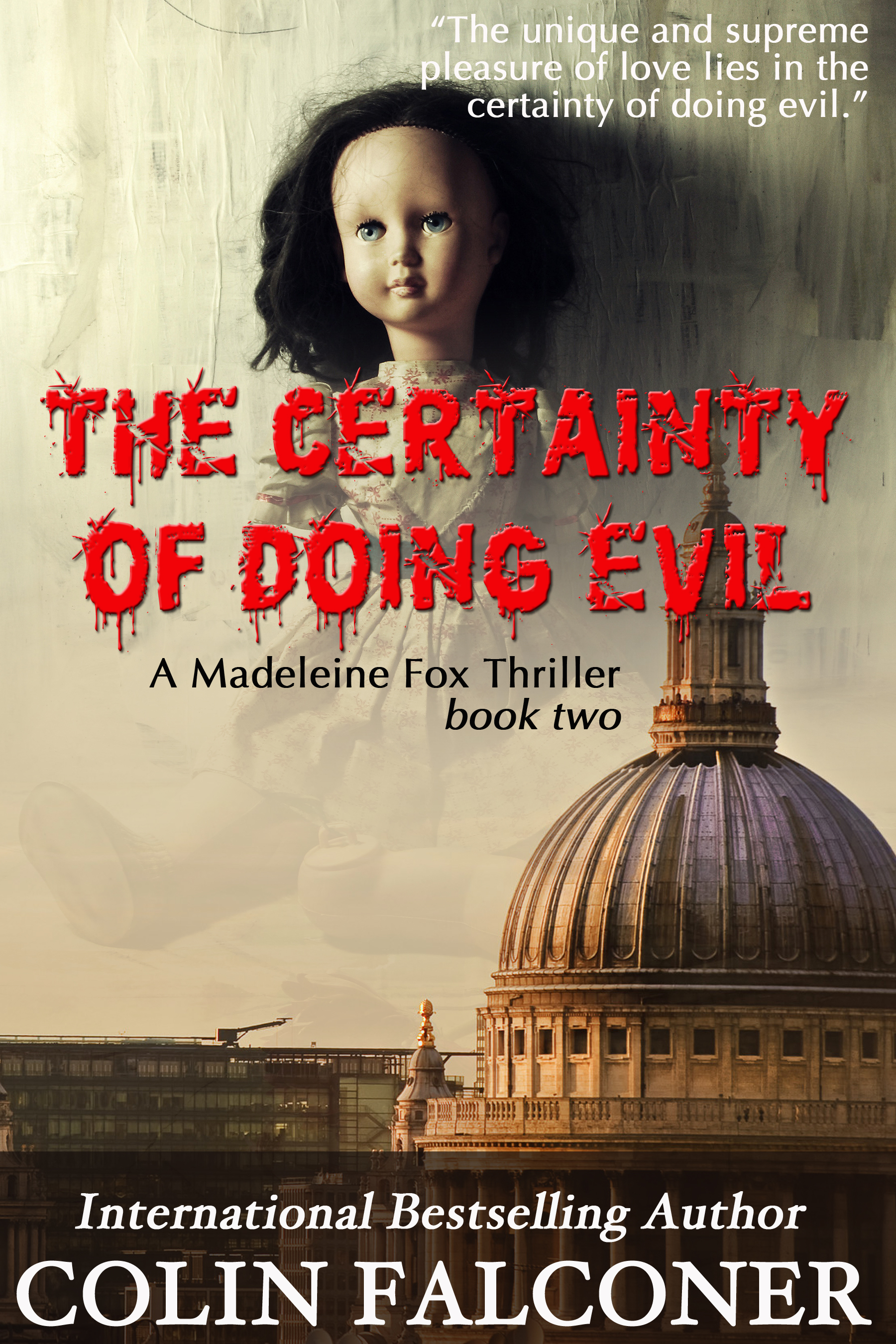
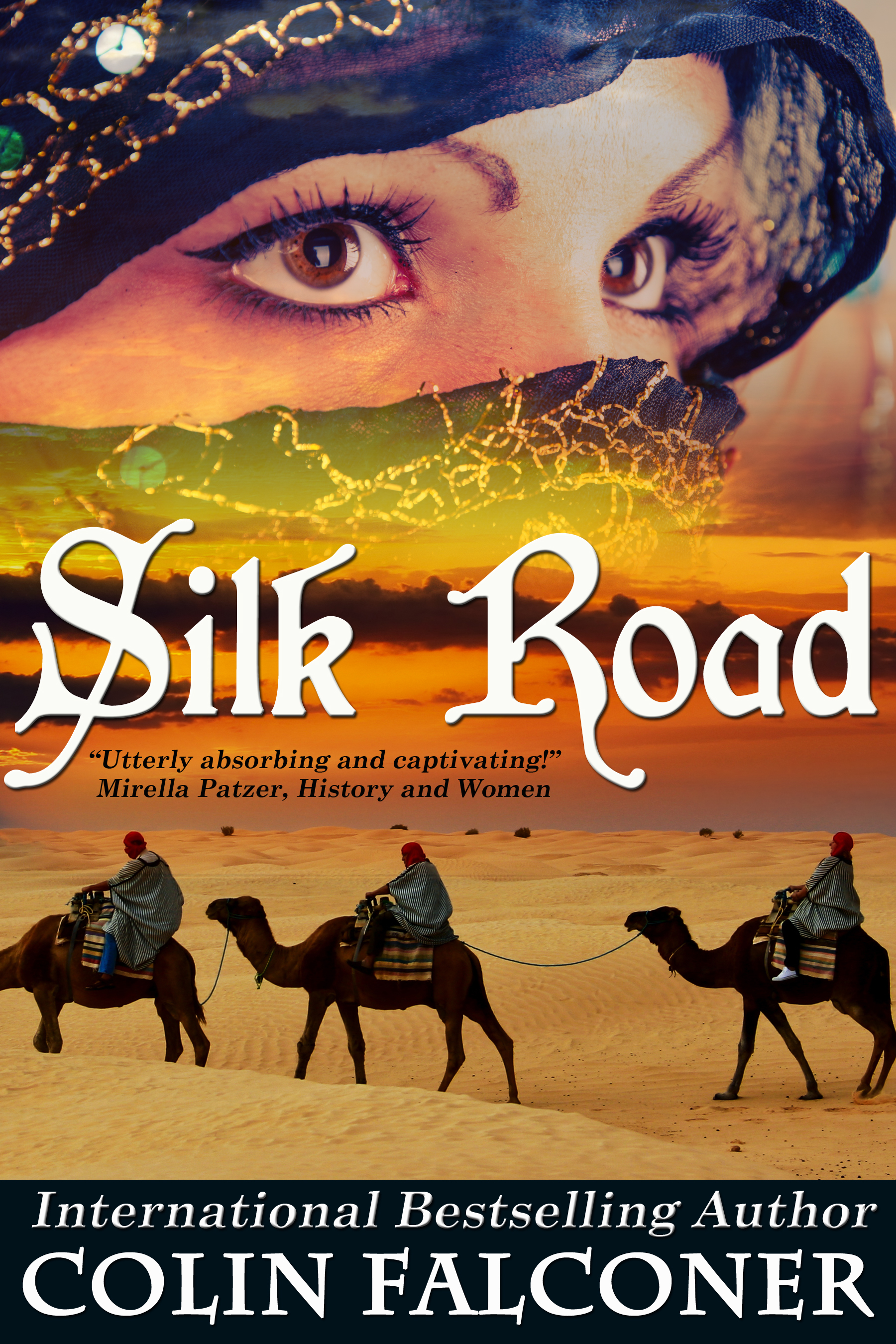
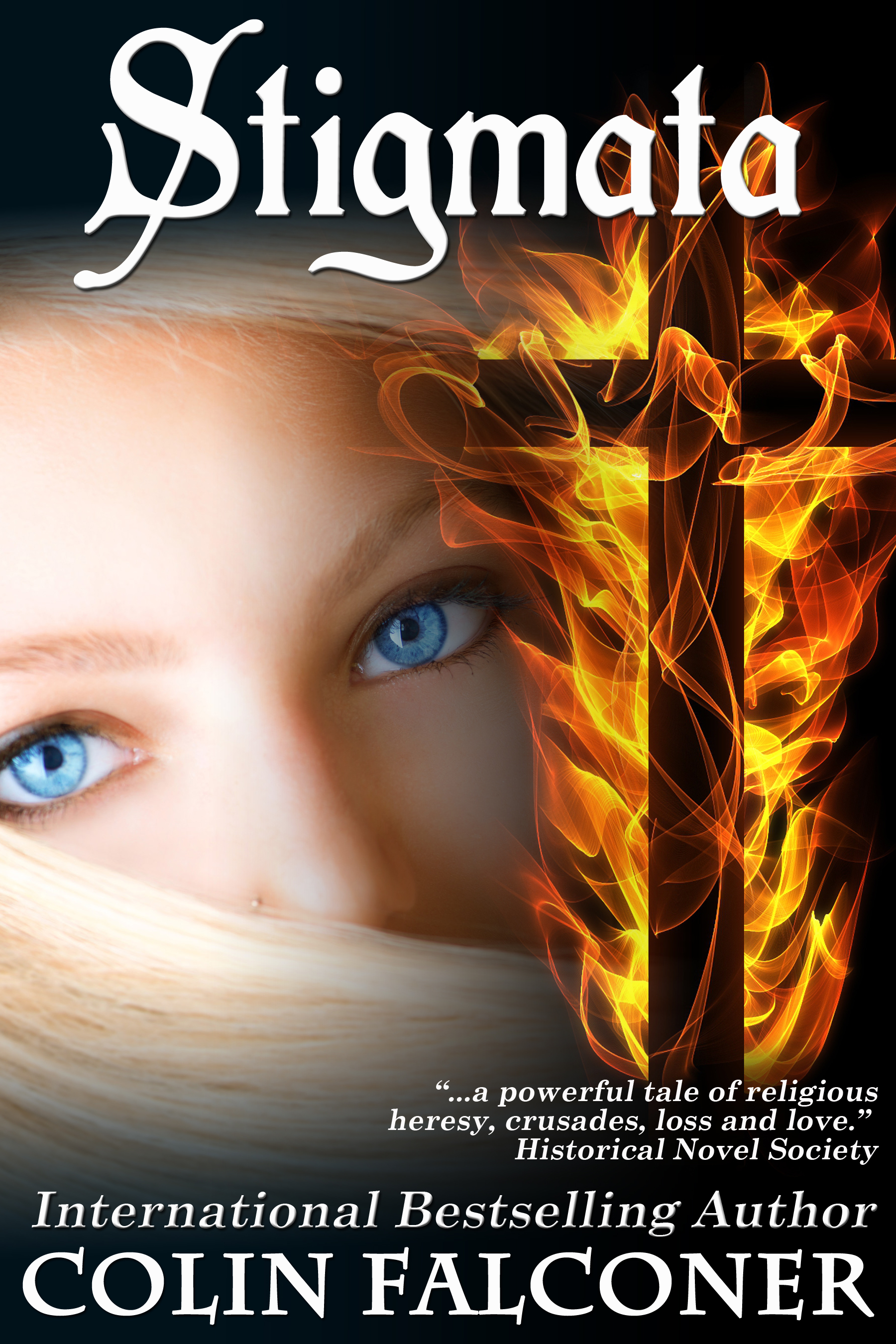
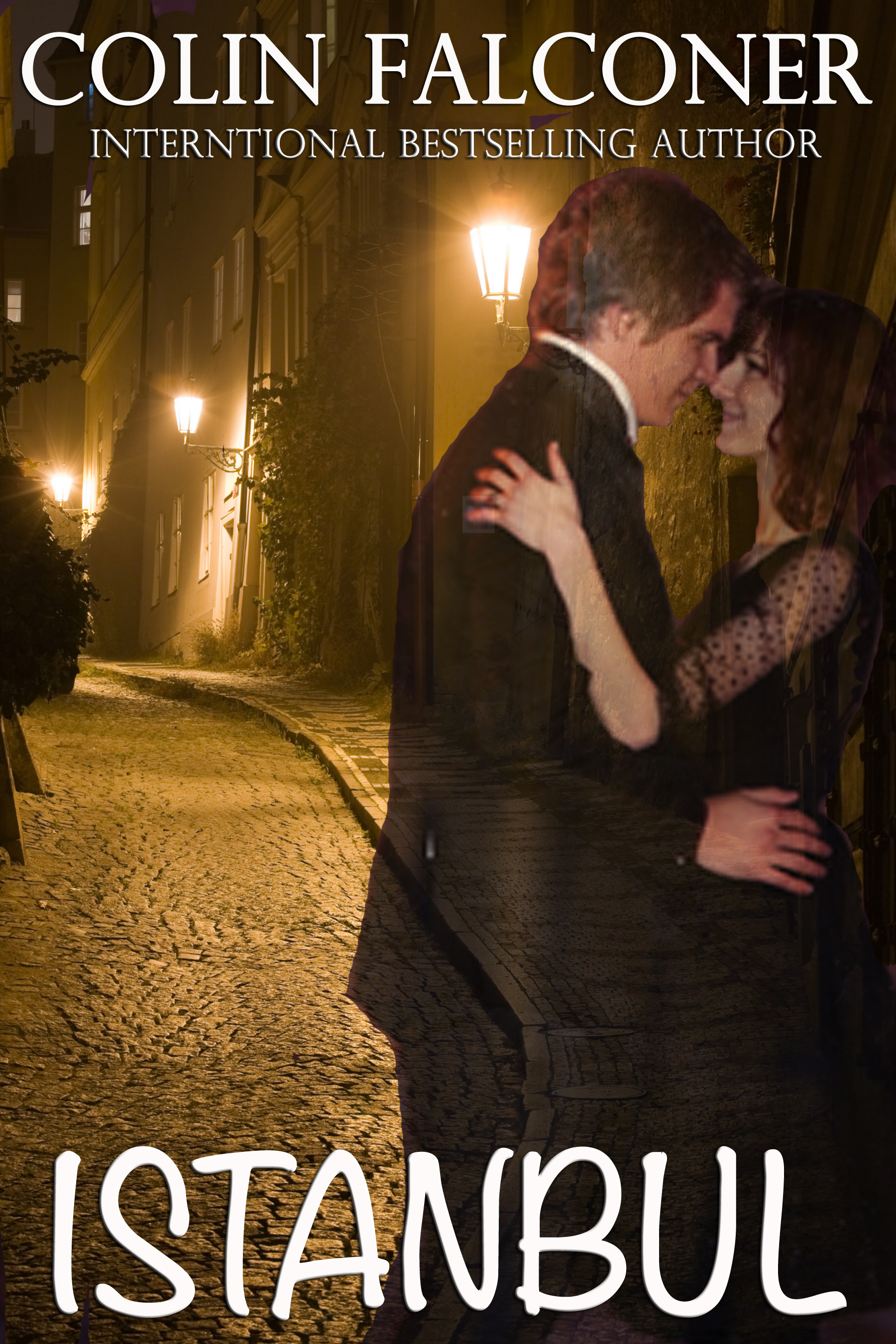

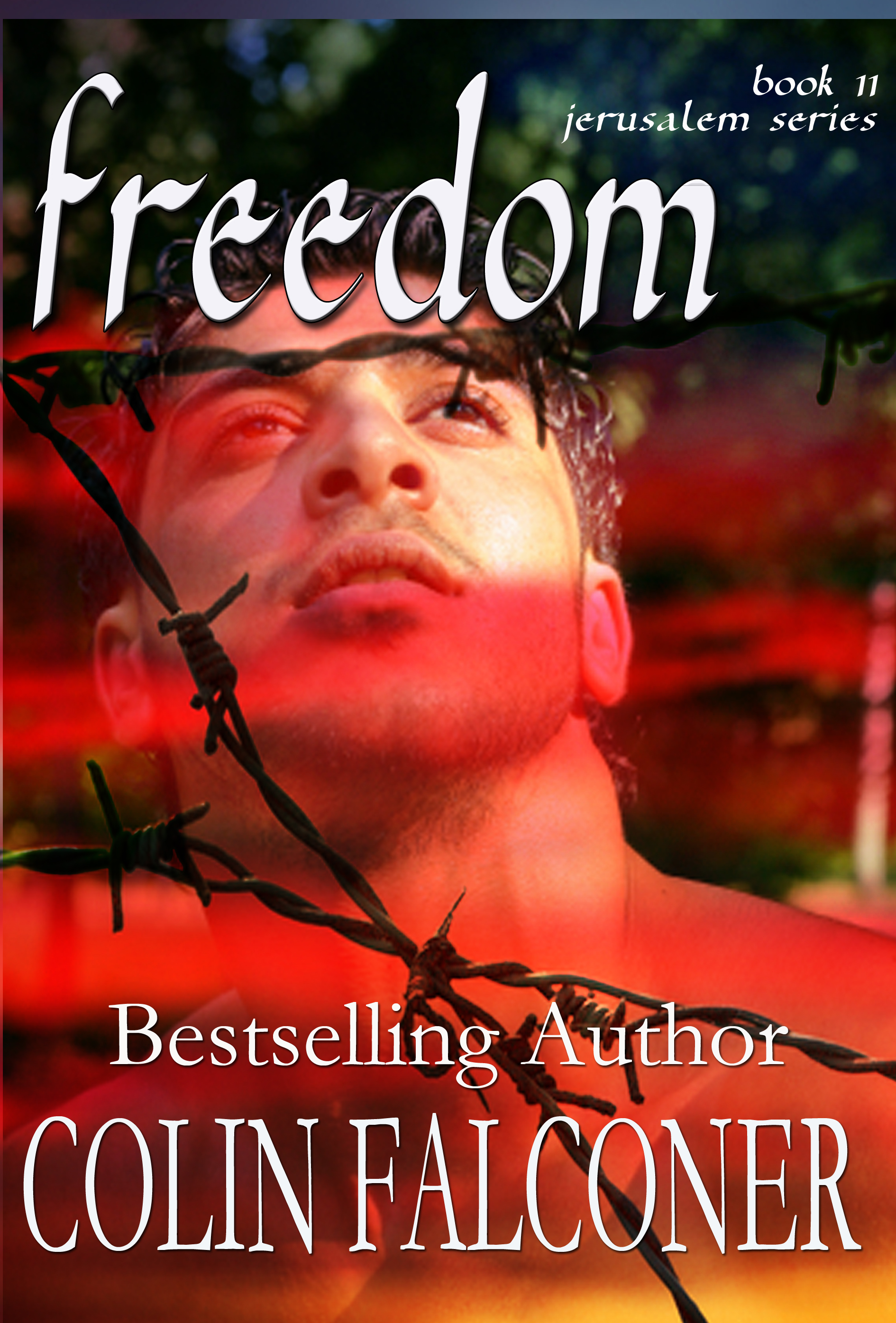


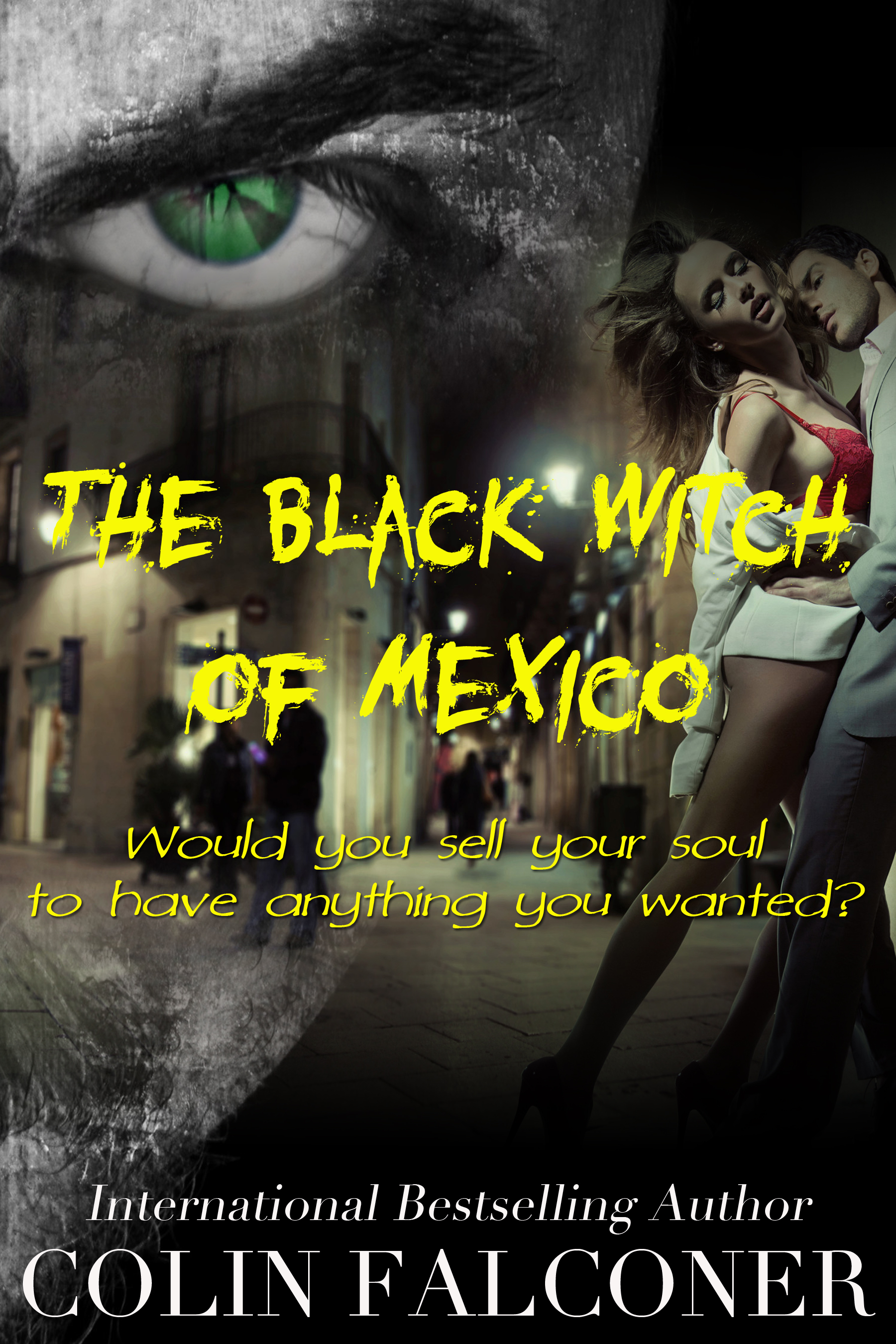


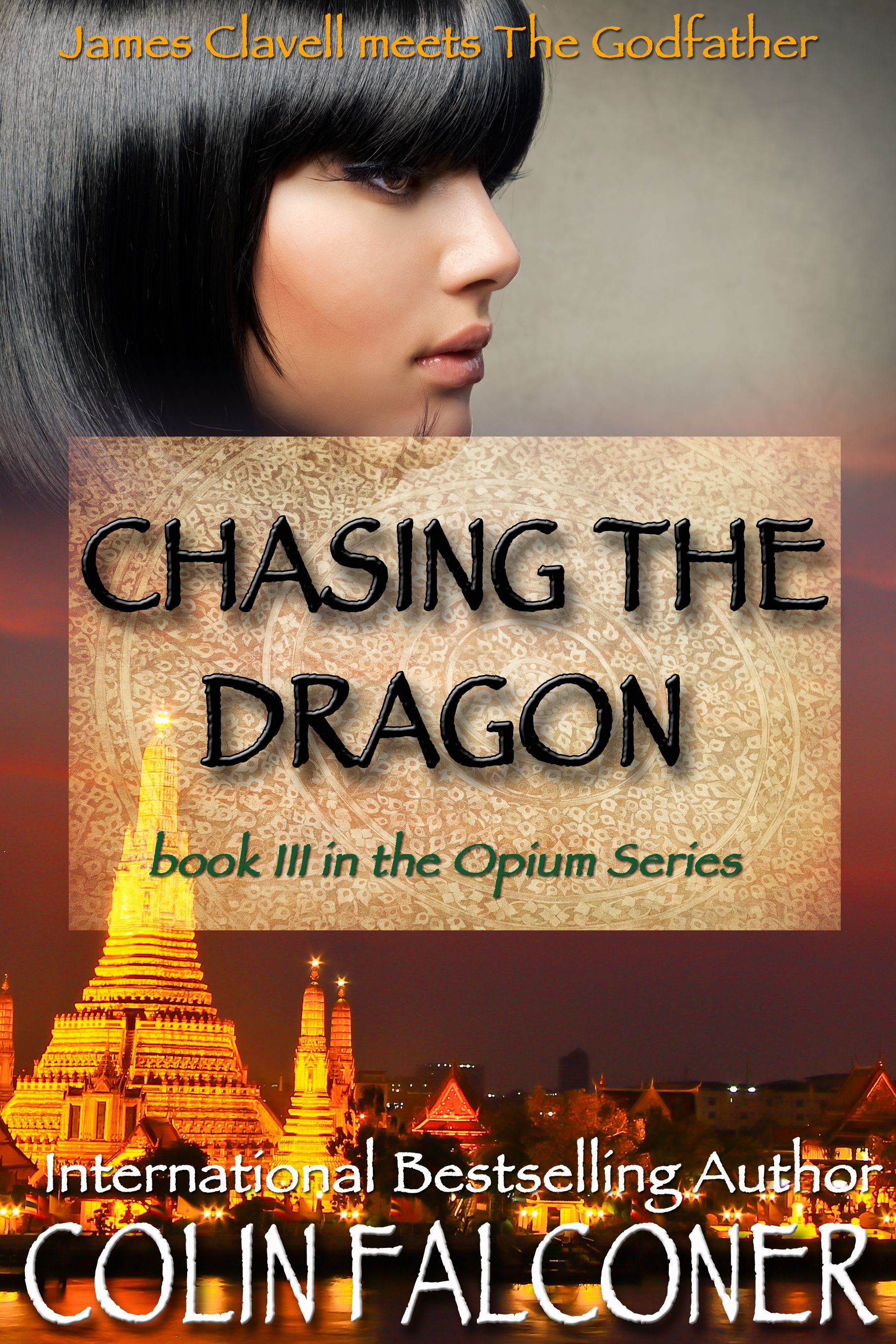
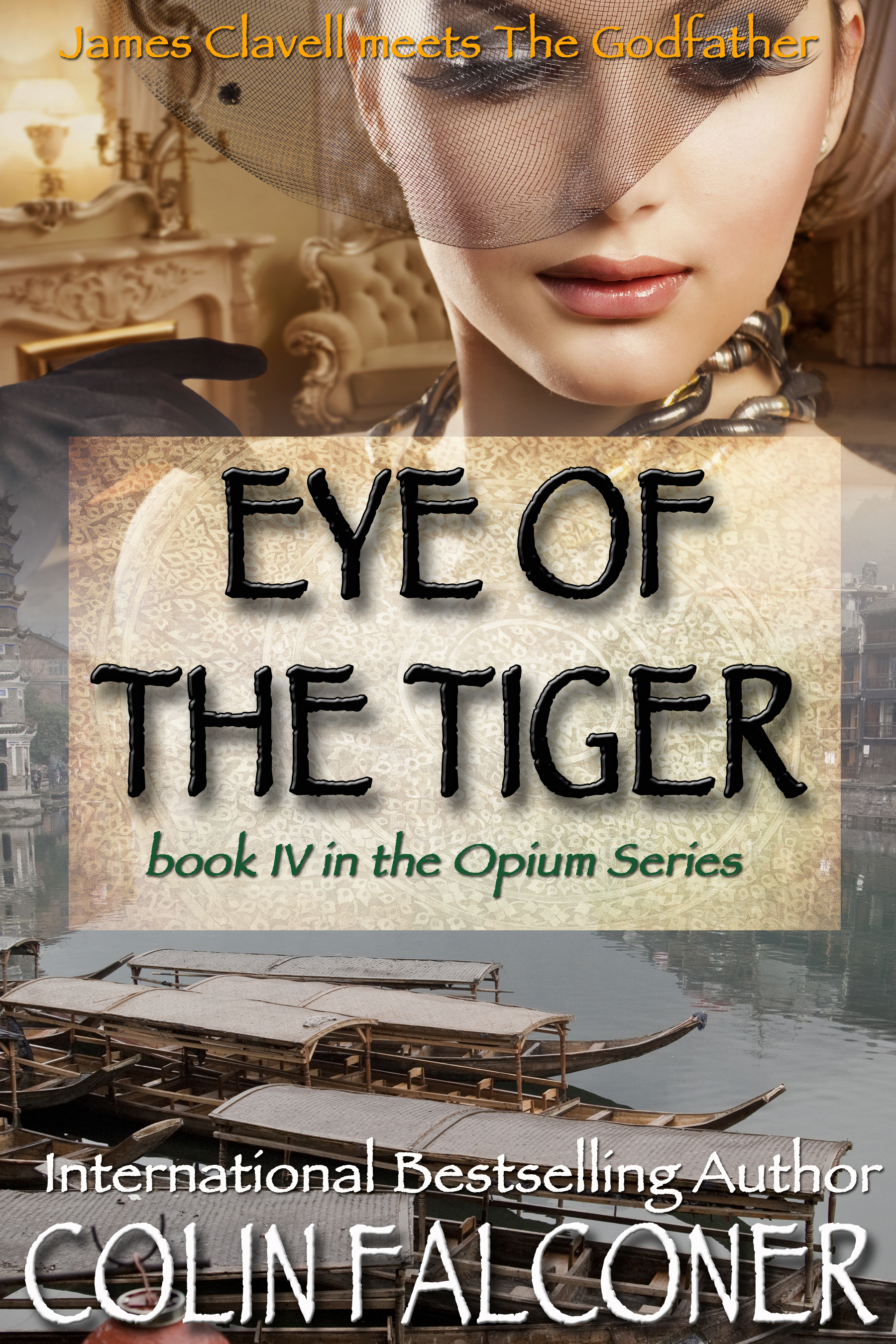
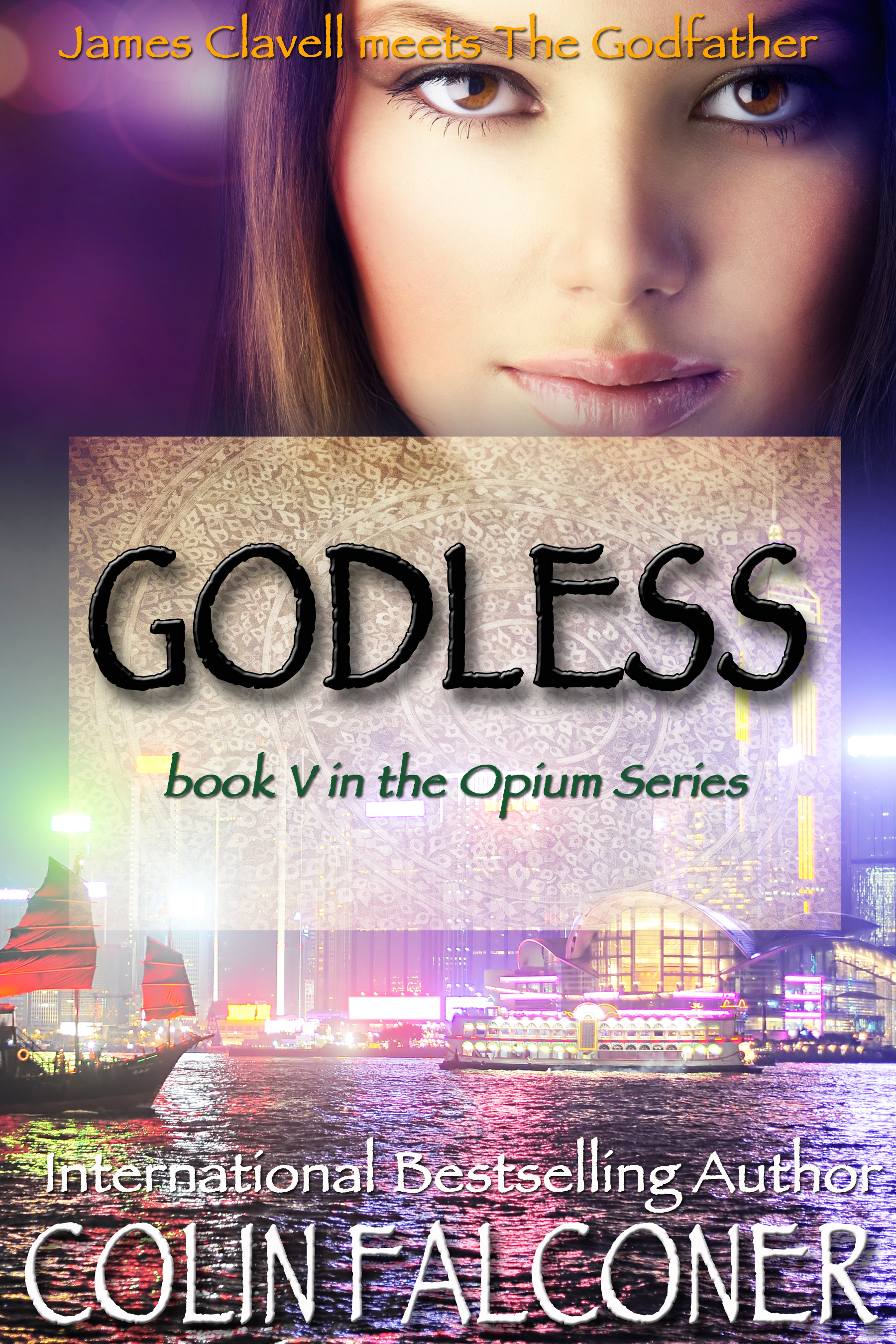
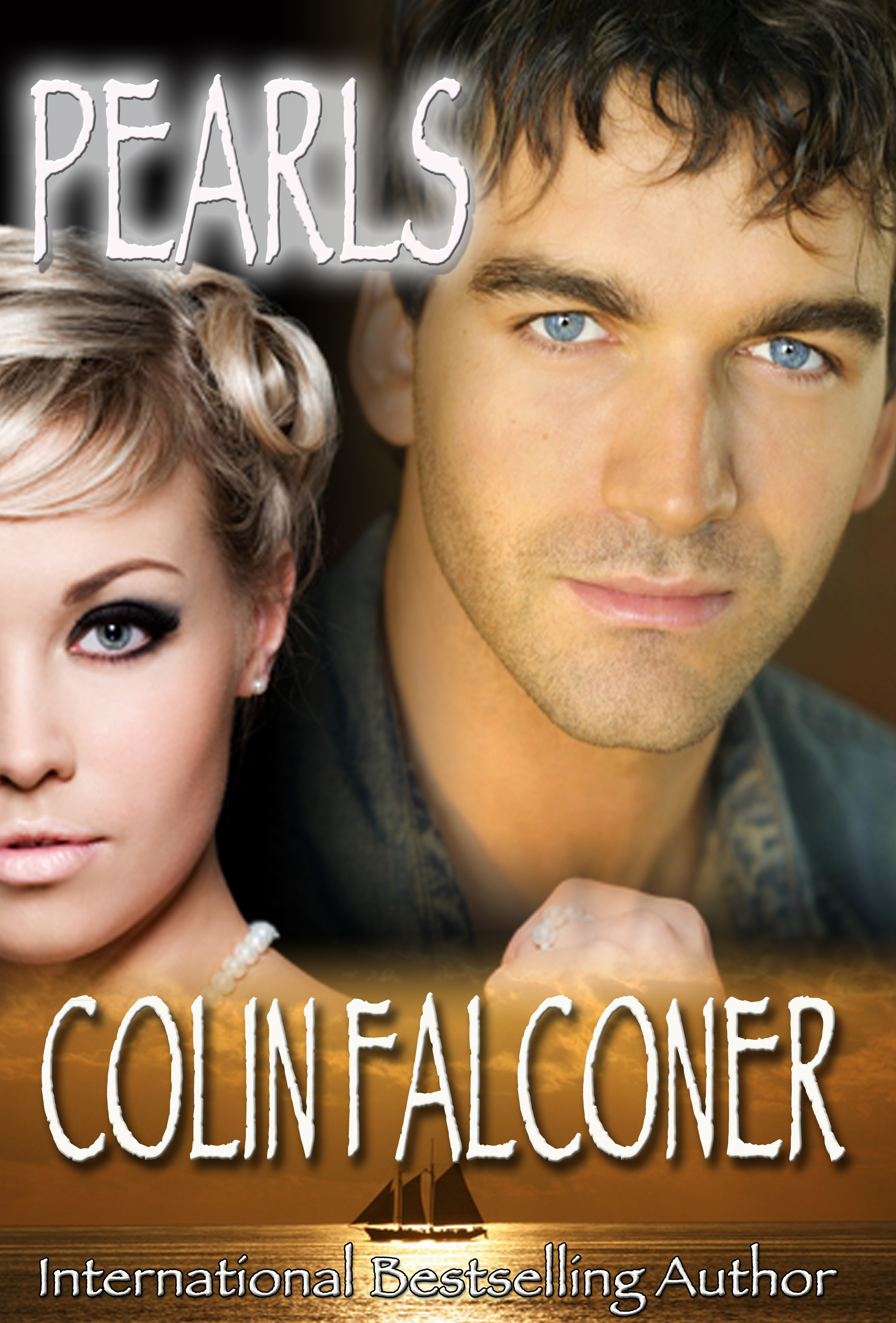

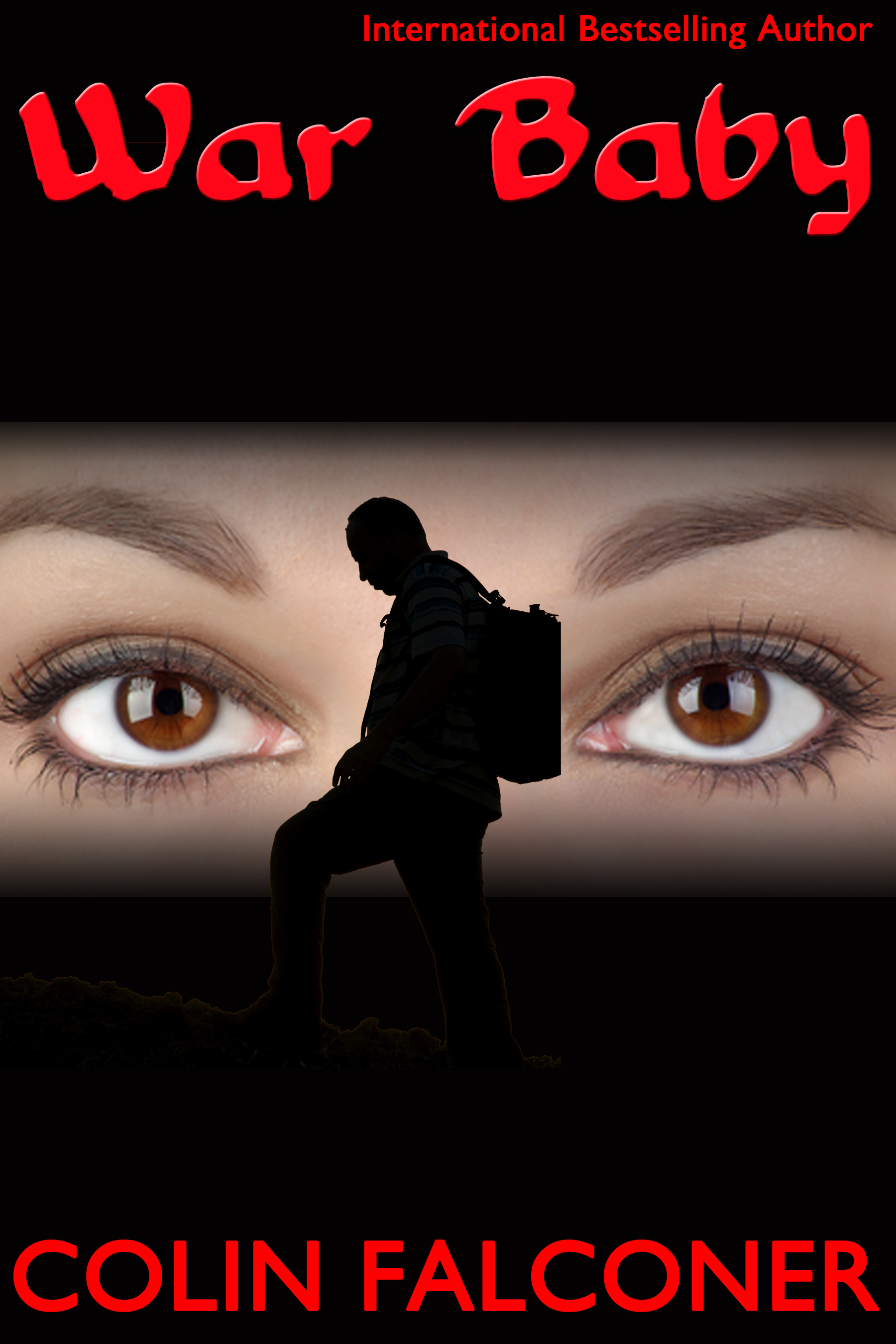
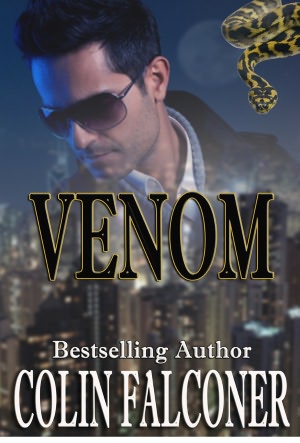
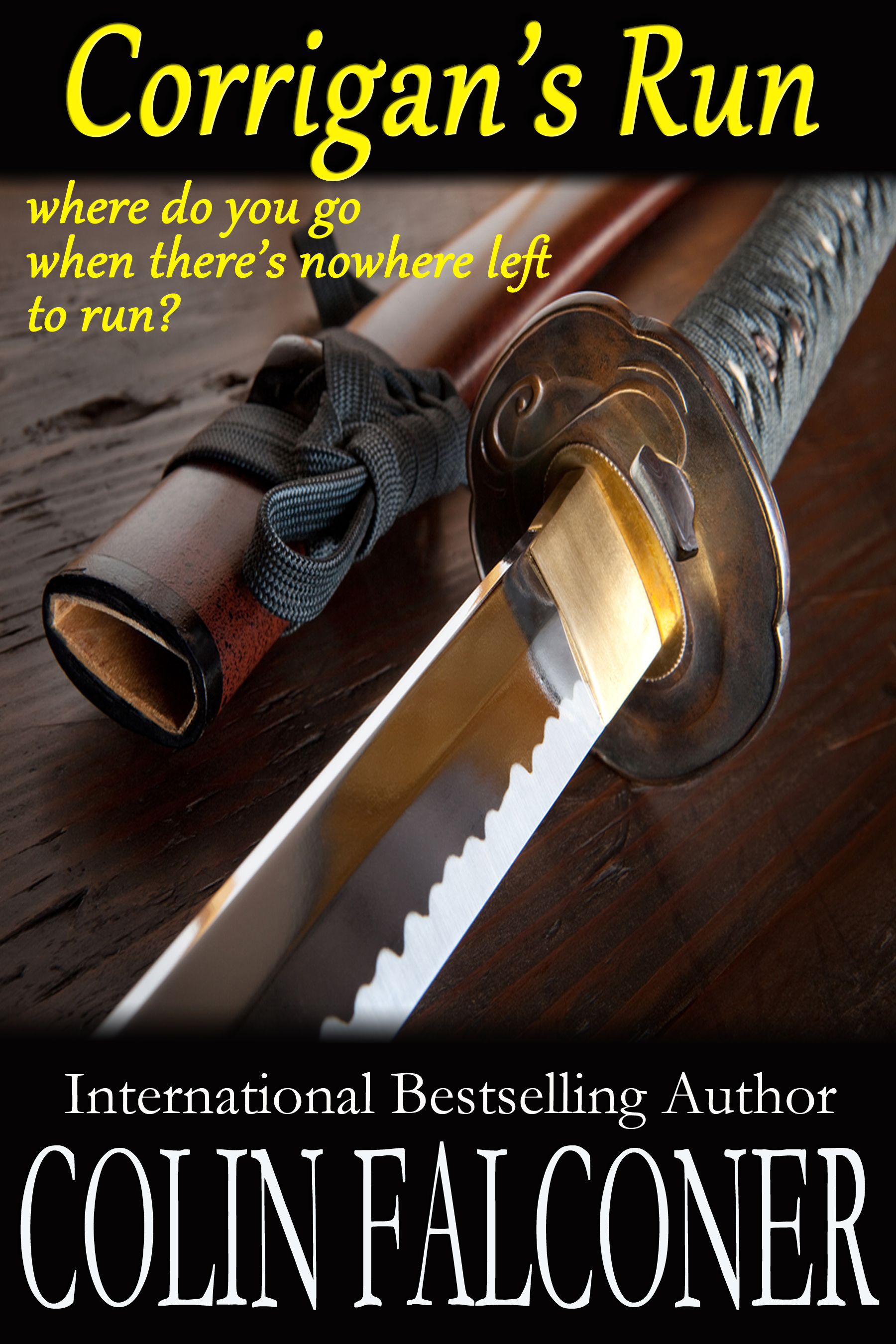
Love these quotes, Colin. Thanks for collecting them all in one place!
Thanks Diane. I really liked the one from Chekhov. And Michener. I do tons of rewriting though but I still haven’t finished up with Hawaii. Why is that?
Great quotes and great thoughts about them! I love Jonathon Livingston Seagull. It gave me the courage to be myself in the face of all the “normal” people.
Instead of the Ugly Duckling, the Ugly Seagull. It was a brilliant concept but I still can’t credit how it got it published back then, the book itself was so very different! I guess he proved his own point.
Thanks for the quotes. Now back to my rewrite……
Like Michener!
Good stuff.
Thanks Terry!
I added this post to my Writer’s Bible.:) Thanks!
Thanks Debra!
I’m a huge fan of Richard Bach, and that bit of wisdom pervades all of his works if you know what you’re looking for. All are great quotes!
Thanks Patrick. I’m a fan, too. My favorite was Illusions. Amazing book.
I swear Illusions is that book that lets you know if a person actually READS Bach, or if they’ve read Jonathan Livingston. (Love the book, too. Reread it at least once a year.)
Love the quotes (especially 10). I also liked one that advised leaving a sentence unfinished when you’re ready to stop writing for the night. I have never been able to do that, but the reasoning behind it was sound.
Debra…WHAT is your Writer’s Bible??? I’ve seen you mention it at least one other time but keep forgetting to ask.
Just finished tittering at Benchley’s comment! Just wish i could say the same. But then maybe I should START!!!!